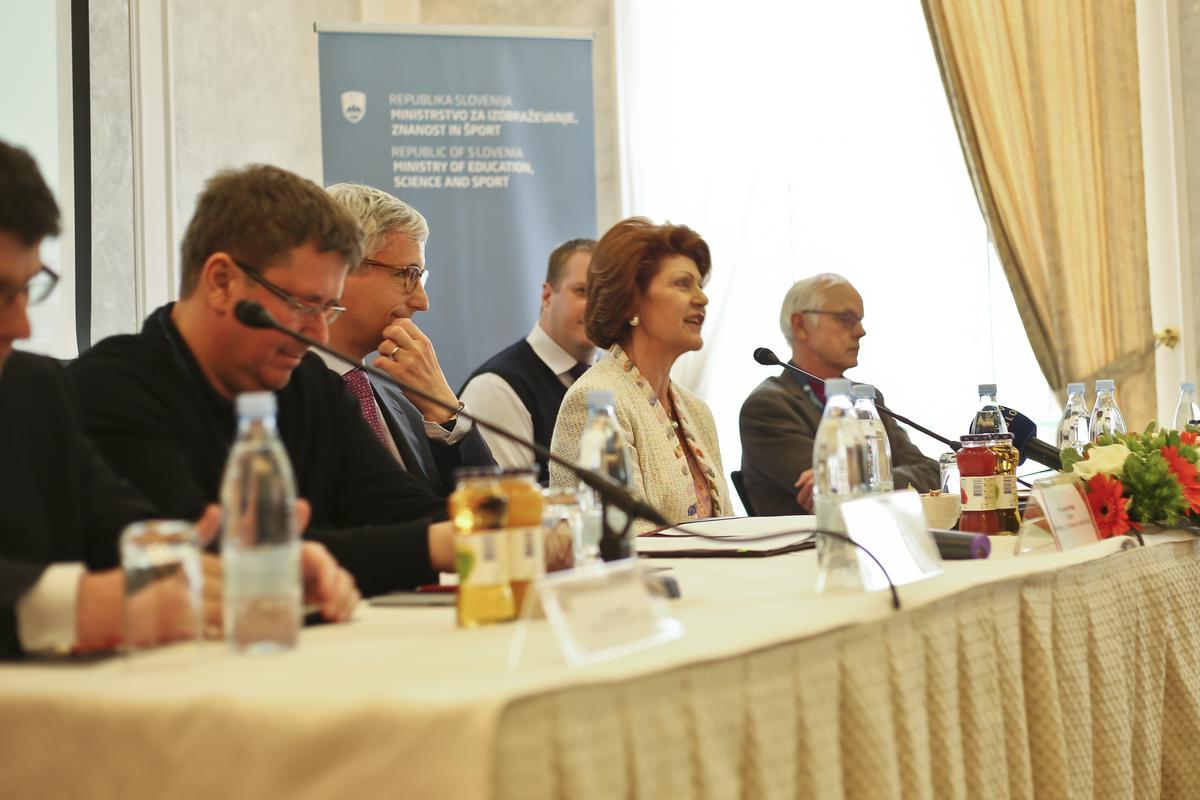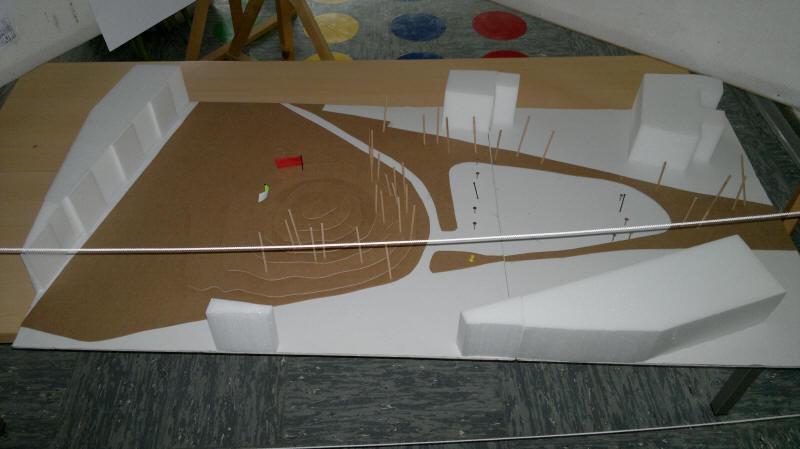

“Whether we like it or not, the technology is with us every day and it’s developing fast. Europe has fallen behind the USA, Japan, Korea, which is why last year we decided to initiate a discussion on opening up the education, so that we could offer the people all the knowledge they need to be competitive worldwide,” emphasized the European Commissioner for Education, Culture, Multilingualism and Youth Androulla Vassiliou at the OCWC Global 2014 international conference on open education in Ljubljana.
The Jožef Stefan Institute breaking new ground
The conference was organized by the Jožef Stefan Institute, which has already put the idea of open education into practice. Mitja Jermol, the head of the Centre for Knowledge Transfer at the institute, explains that their endeavours are not only directed at implementing new information technologies. The centre has also initiated cooperation with all levels of the education system in Slovenia – with kindergartens, schools, universities – as well as companies in the private sector that had expressed an interest. What has emerged is the early stages of concrete cooperation in developing didactic concepts, business models and motivational elements.
Slovenian Ministry of Education also supports the project. According to Minister Jernej Pikalo, Slovenia has decided to be the first to put these ideas into practice and thus become a model example of a country that invests in development of open education.
From theory into practice
One of the schools that cooperate with the institute actively is the Savsko naselje Primary School in Ljubljana. The school is working on a project called “The Dream Machine” where, as Jermol explains, children in the kindergarten and the first few classes of primary school are given the assignment to describe and draw a sketch of their dream machine. Using these plans, students in secondary schools and universities try to do actual projects. In this way, children cooperate with students and mentors throughout the entire process of creating a robot or a similar device. “Such projects enable us to encourage creativity in children from an early age,” describes the positive effects the school’s head teacher Verica Šenica Pavletič.
Minister Pikalo pointed out that the ambition is to offer better access to new tools available in education, to found an EU incubator and also, by holistic investment in human resources, stimulate the development and competitiveness of Slovenia. This is also a research project – not only will there be teachers and schools included but also research institutions, “so as to see what this open education may bring”, said Pikalo.
Slovenia as an example for others
Commissioner Androulla Vassiliou also hopes that the Slovenian initiative will encourage other countries to take similar action. She stressed that education must be accessible to everyone and that new technologies make it much easier to provide access to those who live in remote areas or face other limitations, as well as those who already work but would like to improve their knowledge. However, much depends on teachers, too. The speakers at the conference thus encouraged the teachers to embrace this challenge and to not be afraid to tackle new projects using new technologies and networking in the form of cooperating with other institutions.
Ana Svenšek, MMC


































































